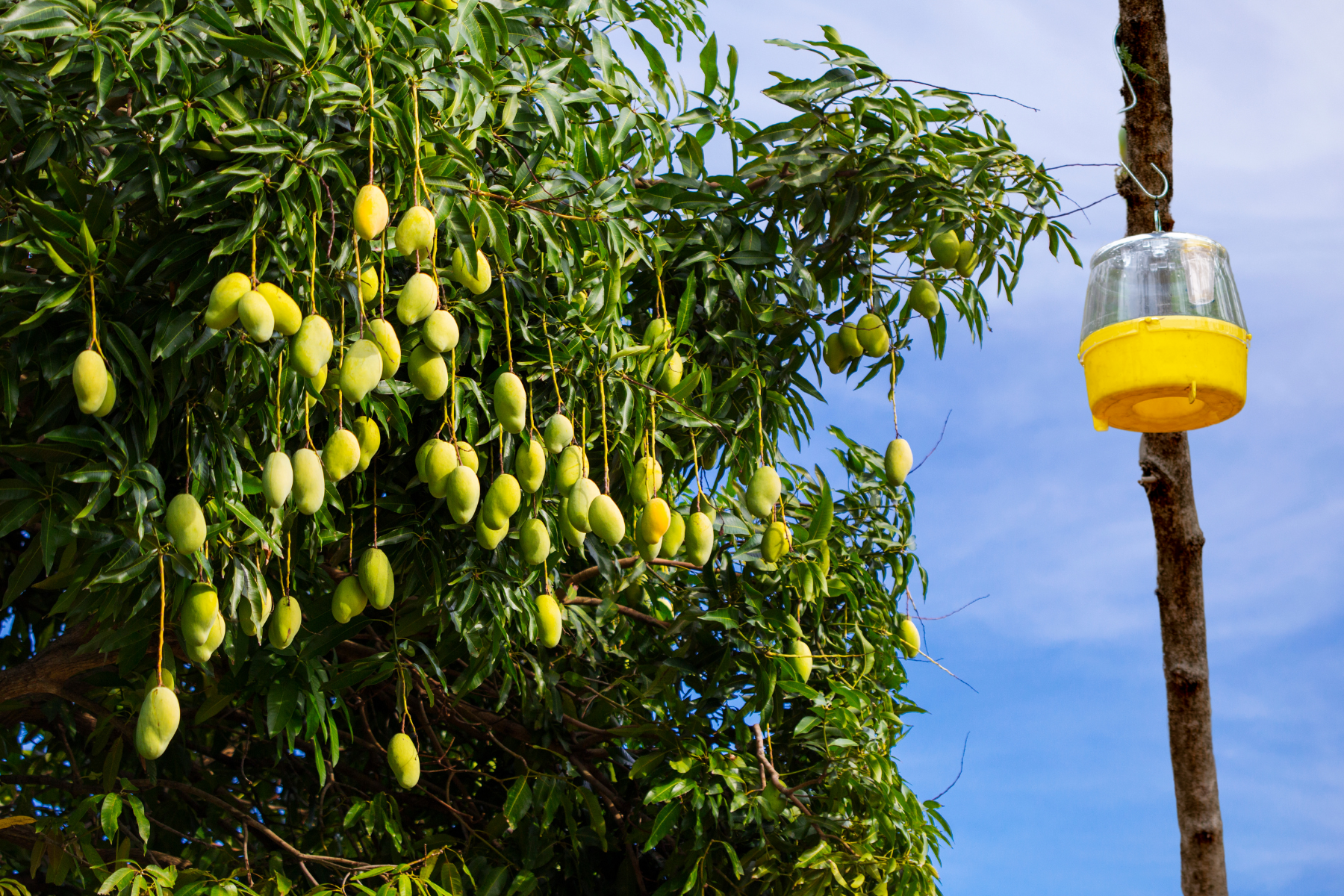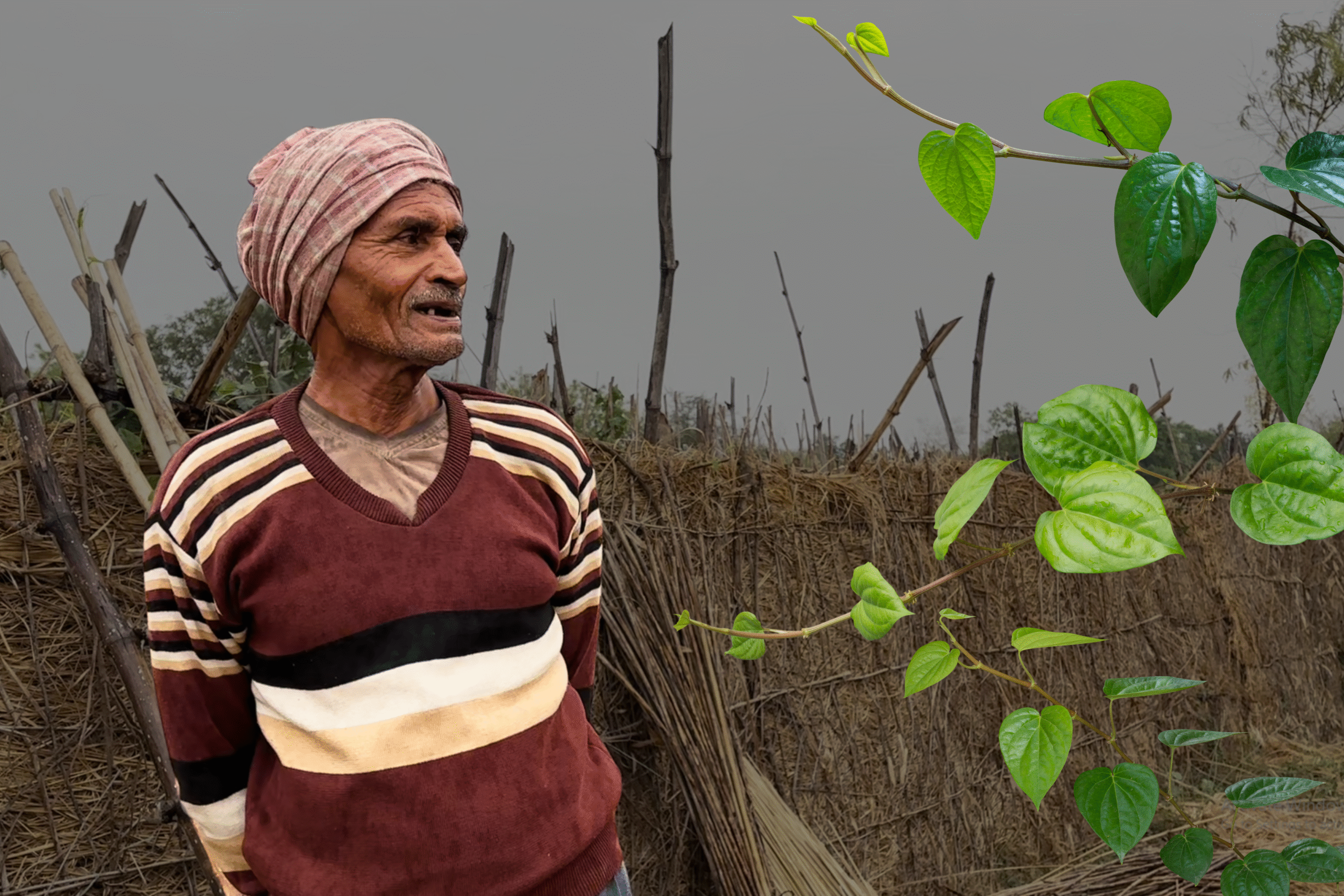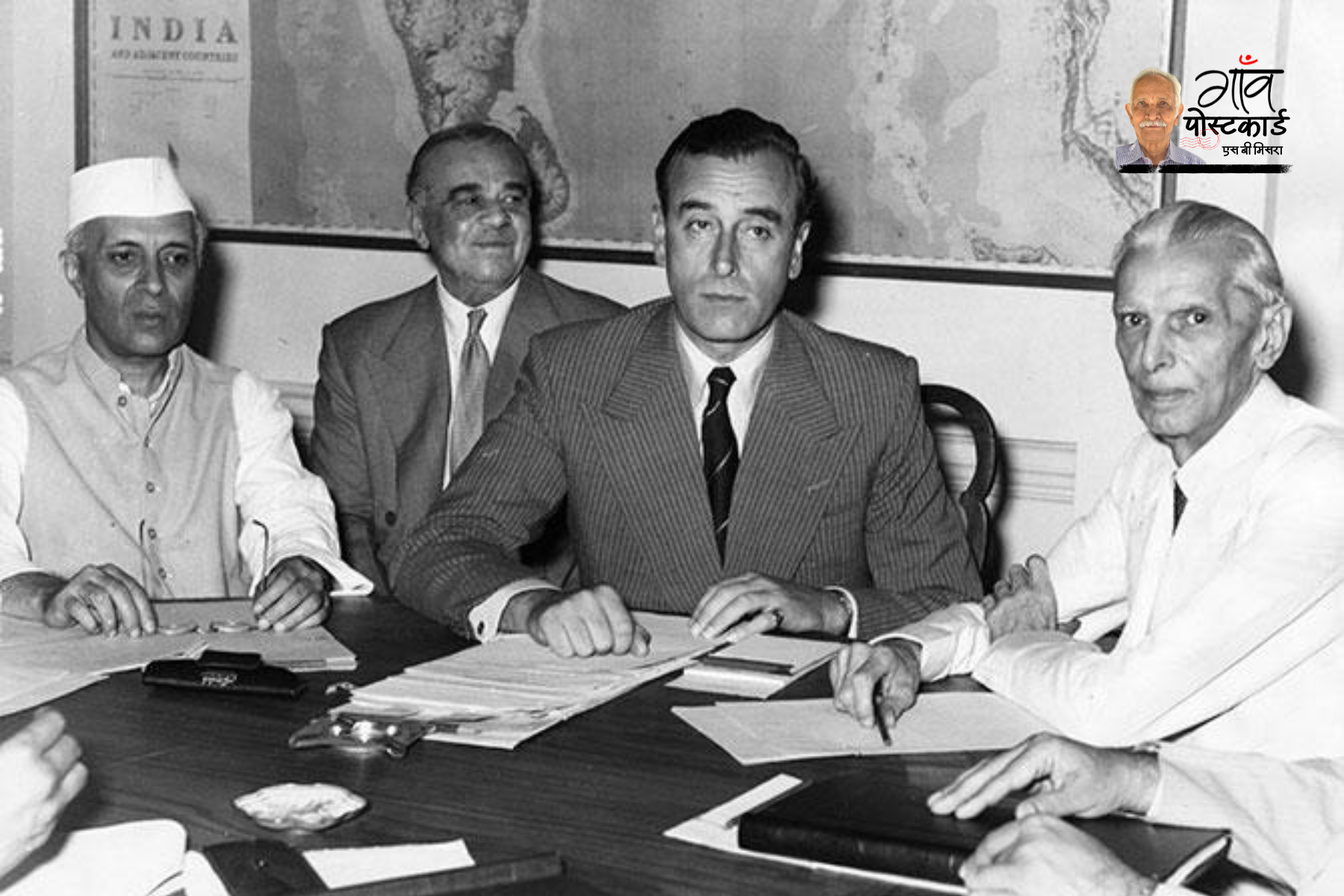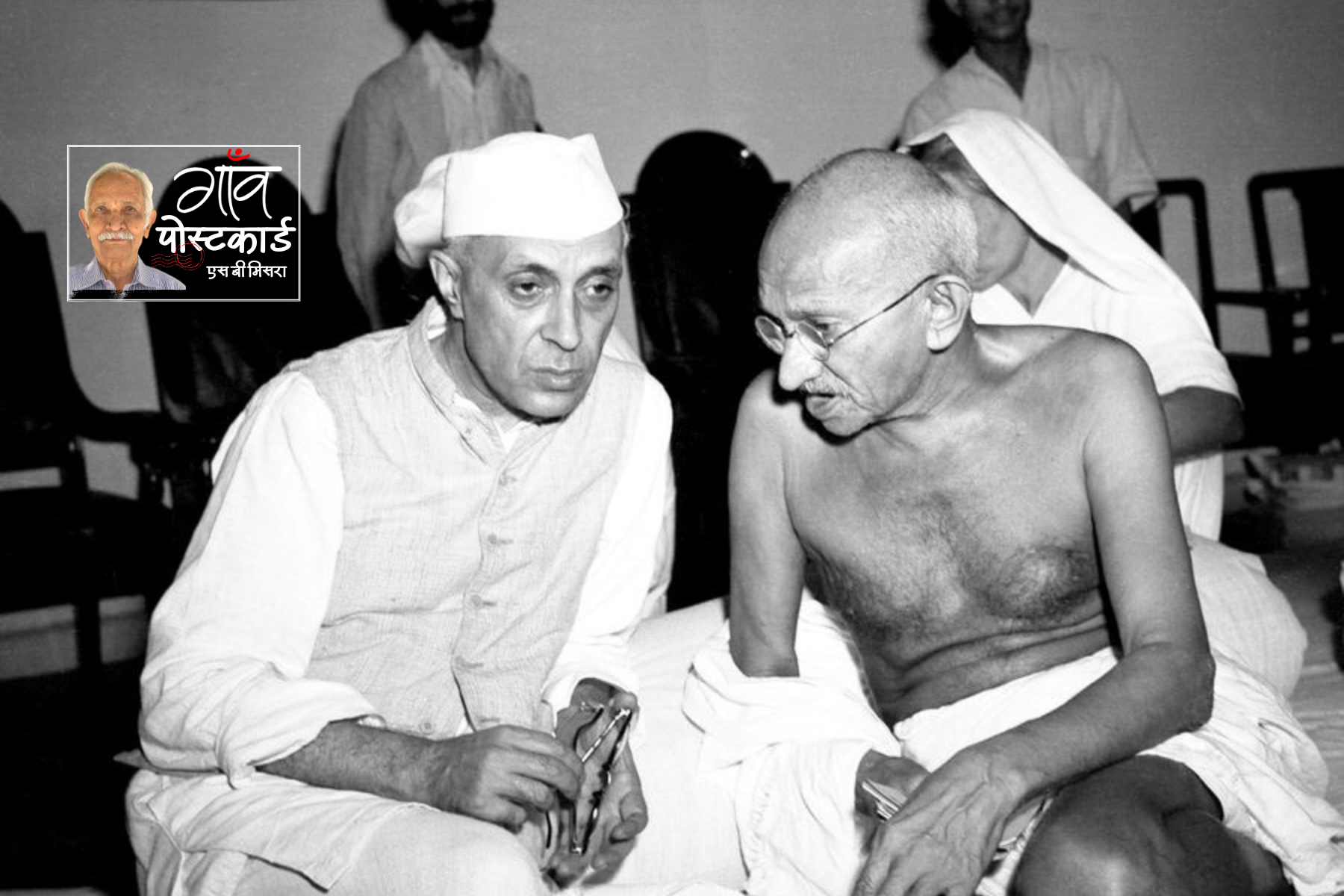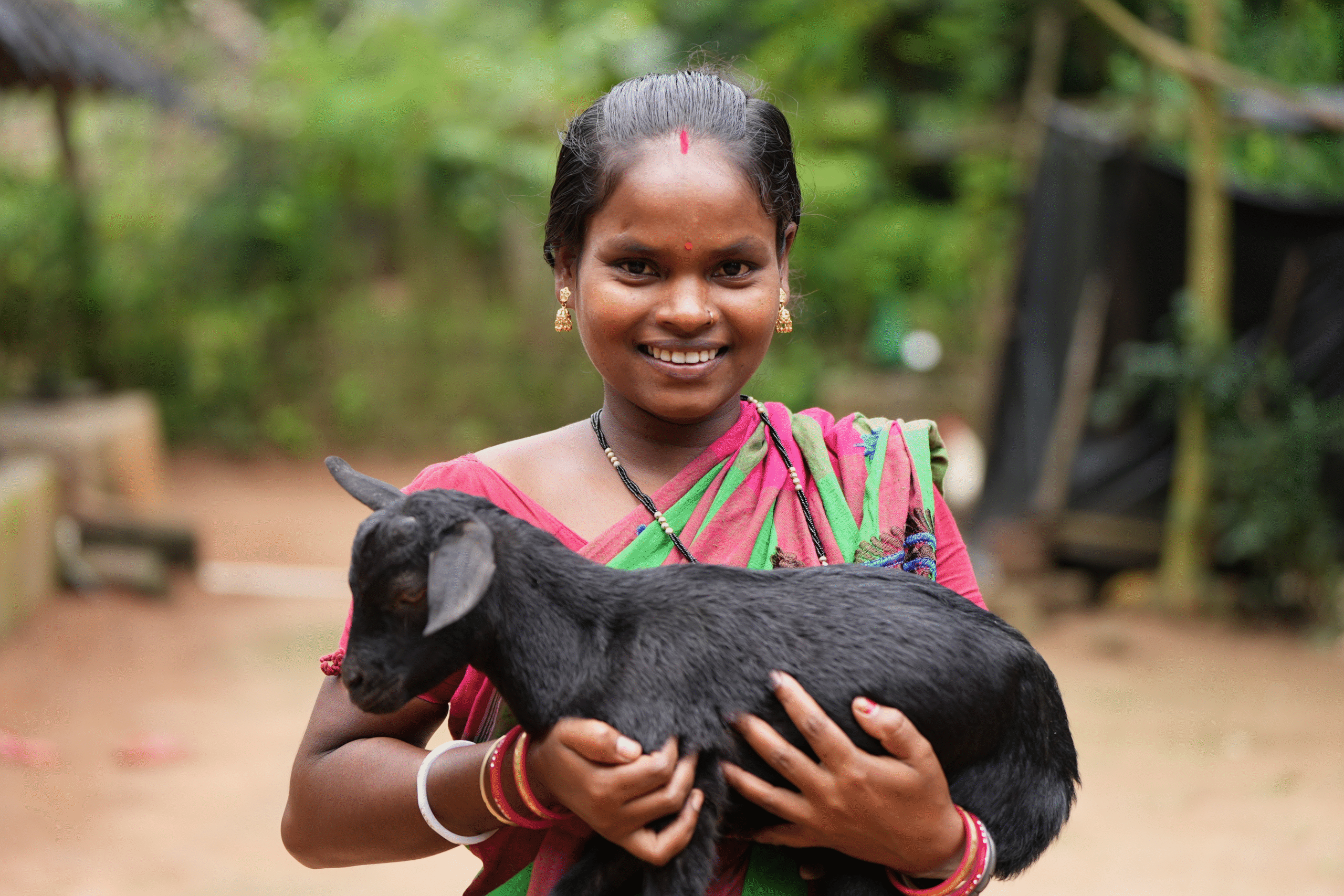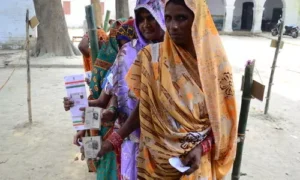Ladpura Khas is one of the six hundred thousand villages in India. Quite nondescript, it is a part of Bundelkhand region which covers a large swathe of land in Uttar Pradesh and Madhya Pradesh.
Ladpura Khas is in Madhya Pradesh, just seven kilometres from the historical town of Orchha, and was one of the three villages in India to be nominated for the United Nations World Tourism Award for the best rural tourism village.
The quest for alternative tourism experiences has been further accentuated by the COVID-19 pandemic. Tourists now want to spend time with nature, far from the crowds.
Rural tourism is an option which is slowly getting popular. Madhya Pradesh is one of the states which has taken this up on a war footing, and the spin-offs from this initiative are pleasantly surprising and potentially transformational. Ladpura Khas is a part of this drive.
Sisters-in-law Rekha and Kamla of the village spotted an opportunity when the state government announced its Rural Home Stay scheme. With a partial subsidy and design provided by the government, they built two rooms next to their house.
Post COVID, they have sold seventy-five room nights, netting a comfortable Rs 150,000. There are two other similar homestays in the village – Uma Pathak’s Mahua Hill View, and Vandana Sharma’s Sheetla Greens.
Britisher and India lover Sophie Hartman, spent two years studying Hindi and Bengali earlier. She owns a UK-based travel company – Holidays in Rural India – that has Europeans as her primary clients.
Sophie said that she was a huge fan of staying in rural areas, for two reasons. One, culture is being maintained and valued within the village environment. And two, the positive impact on the community. “We were welcomed with a traditional song written by the local women. The whole village, including the young, witnessed their music being performed and saw people (like us) they might deem high status, valuing it,” said Sophie.
However, she added, rural inhabitants need to be careful so that the “wrong” people (groups of young men; or foreigners who’ve not entirely understood what they will be experiencing) don’t pour through and upset the balance while the community is still getting accustomed to this.
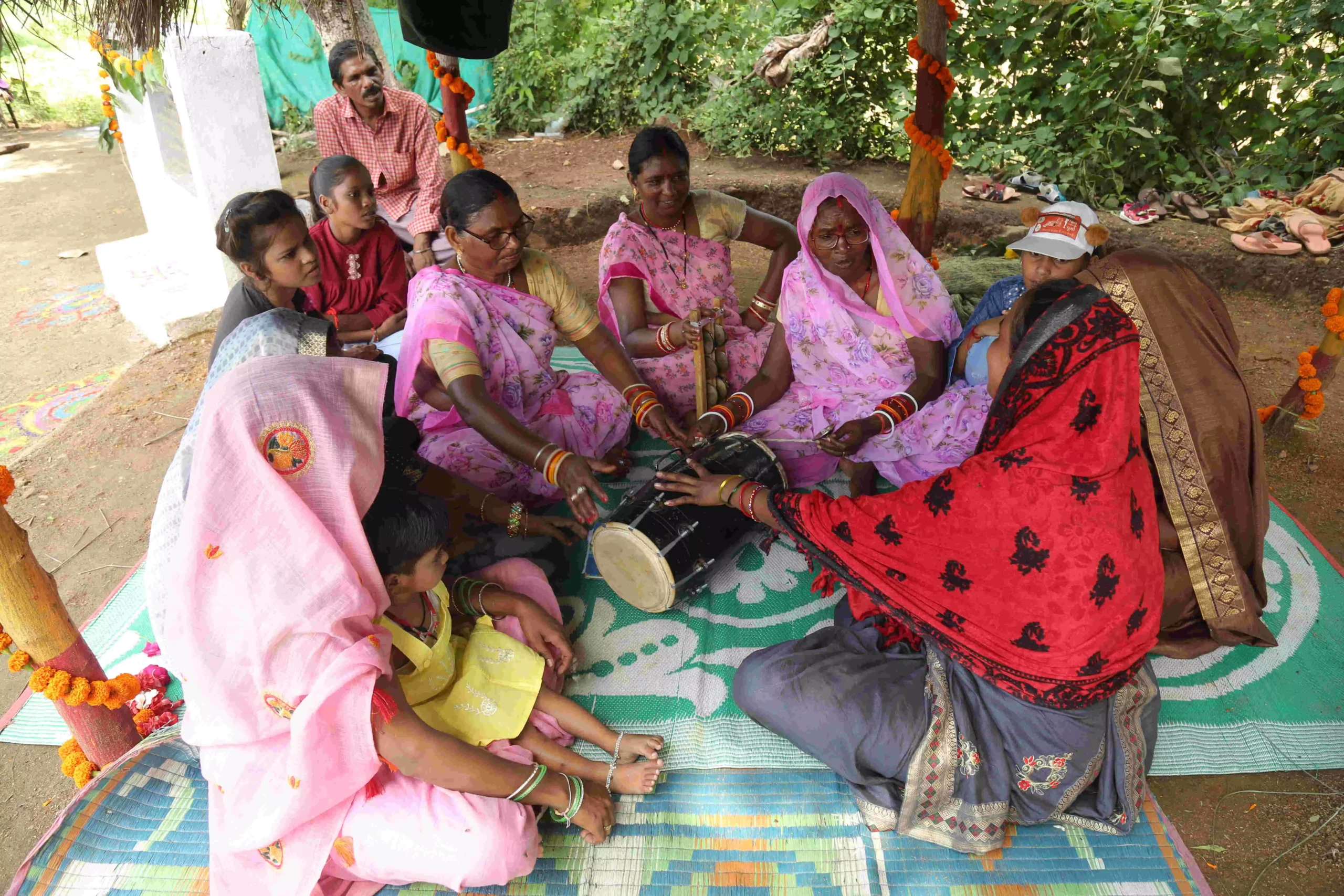
Guests were welcomed with a traditional song written by the local women.
A chain of rural homestays
Manoj K Singh, a director at the Madhya Pradesh Tourism Board, is leading this initiative with his team of young officers. On being asked how he sees the future of rural tourism, Singh said that he envisages a chain of rural homestays across the state. There will be tour circuits which will take the tourist across the six cultural zones of Madhya Pradesh.
An influx of tourists creates demands for other services within the village and the surrounding ones. Amit Singh, one of the managers working on rural tourism, explained that the plan is to cover four hundred villages in this initiative. A hundred are homestay villages like Ladpura Khas.
There will also be activity villages in the surrounding area. Here the tourists can see a host of local activities like folk dances, pottery, handicrafts, etc.
There is a third category, pit-stop villages. These are what the name suggests, a stopover place during a several-hour-long excursion. A place to freshen up and have a cup of tea and some snacks.
I spot a couple of kids playing gilli-danda at Rekha and Kamal’s homestay at Ladpura Khas. Memories of childhood flood me, and I cannot help but join them for a couple of rounds of the game.
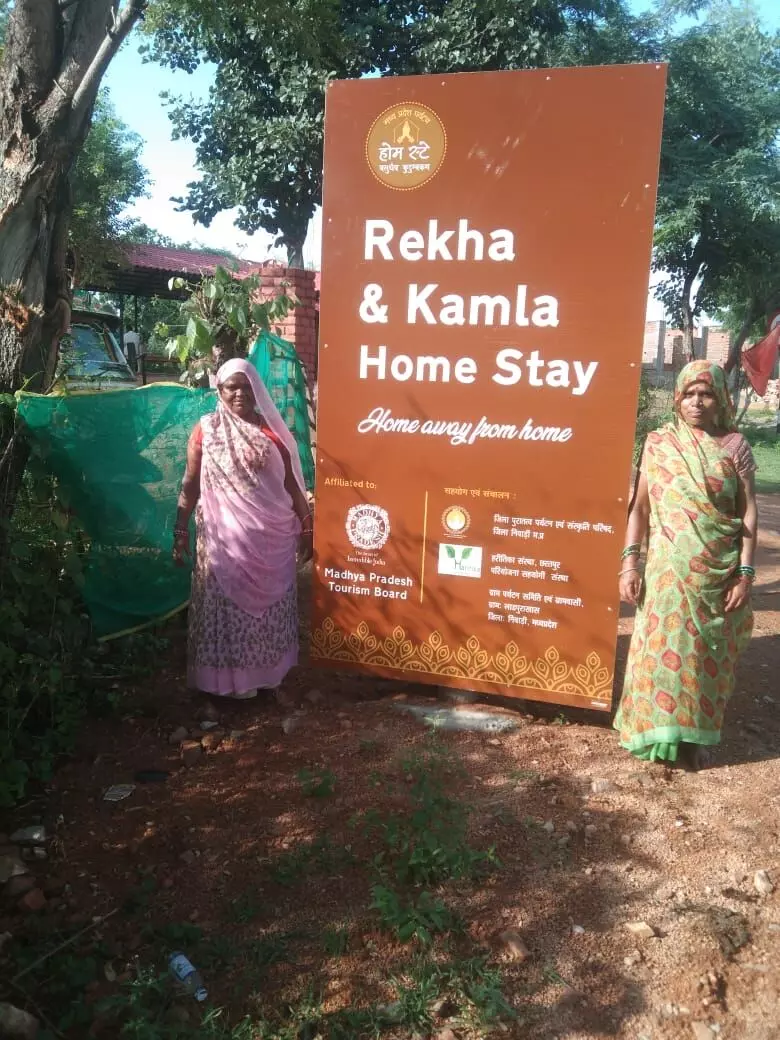
With a partial subsidy and design provided by the government, Rekha and Kamala built this homestay next to their house.
Promoting ancient art forms
Madla village is next to the Panna Tiger Reserve. We are given a thrilling demonstration of the ancient art of Indian gymnastics, Malkhamb. The young girls and boys of the village slithered up and down the malkhamb. The finale was a formation of twelve youngsters around the malkhamb at different heights of the wooden pole.
As I watched the performances, the women folk plied me with Bundeli treats of bafauri, maheri, gulgula, murabba, and kauri served in bowls made of green leaves. Soul-satisfying dishes served with dollops of love and respect.
In another part of Madla village is a workshop funded by MP Tourism with technical and marketing support by a private company, Pashoo Pakshee. This workshop produces cloth-based souvenirs, tote bags with local motifs, screen-printed T-shirts, and book covers.
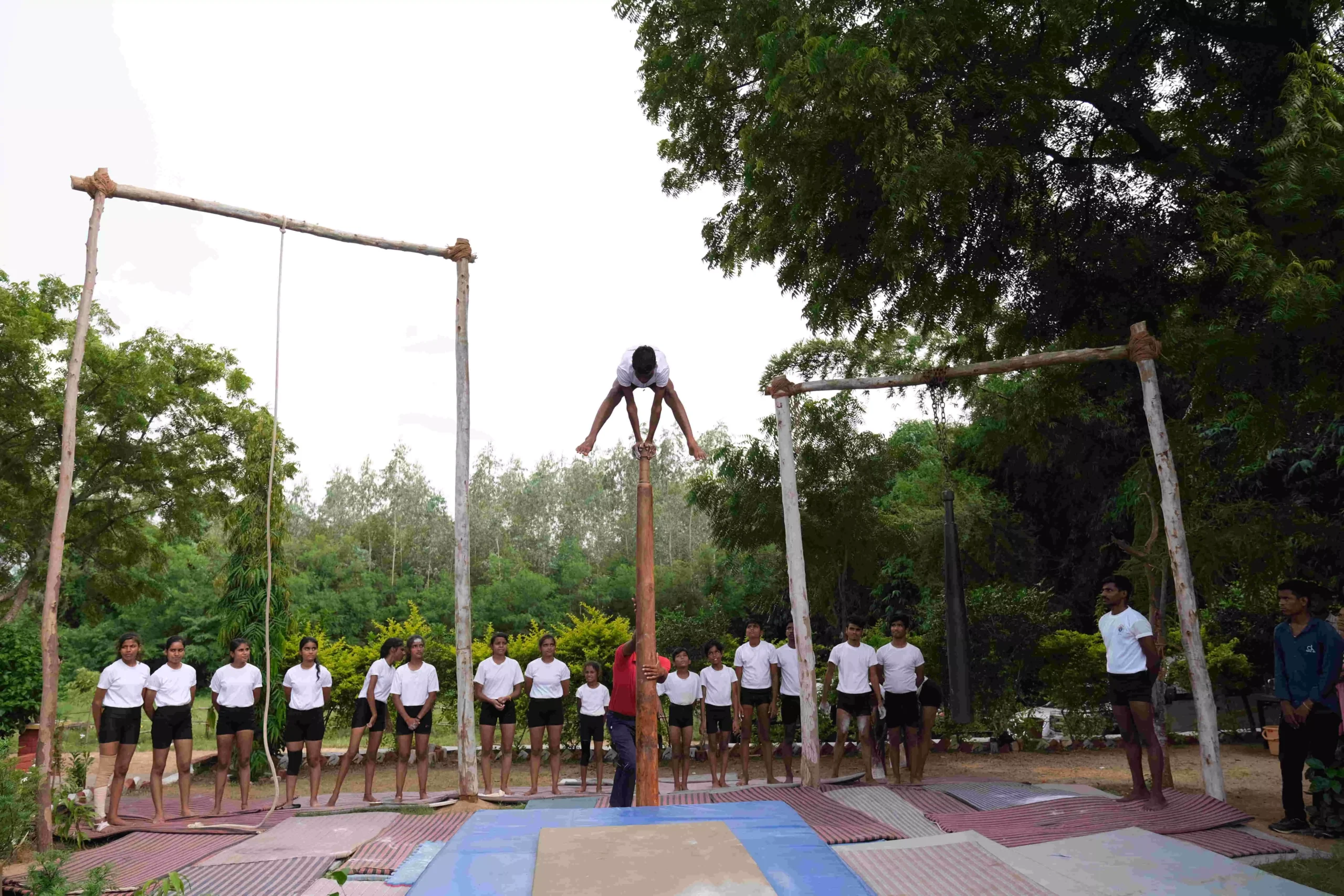
The ancient art of Indian gymnastics: Malkhamb.
Pashoo Pakhshee’s Savini Sonavaria explained that not only does the workshop have environment-friendly souvenirs, but it employs local village women to produce them. She spoke of her star seamstress, Kiran Gond, who was a daily wage labourer before she began working for the workshop.
In Dhamna, a village not far away from Madla, there is another workshop which makes terra cotta souvenirs. These products are available at select resorts but often, a tourist drops in to see the manufacturing process and buy some souvenirs too.
Sheo Shekhar Shukla, Principal Secretary, Tourism and Culture, MP Government, is a senior IAS officer currently leading the tourism department. According to him, the department has developed an innovative product of authentic village life experience for those discerning travellers who want to go off-beat. The rural homestays provide a unique experience which is not only raw and rustic but also completely inclusive. It’s a big hit amongst urban elite as well as corporate honchos seeking respite from burn outs.
Early days still, but I do see that they are onto something potentially big. A sustained effort would not only change the face of tourism in Madhya Pradesh but also add to the income of the village residents. More importantly, it would do wonders for the self-esteem and morale of the women of these villages. Ask Rekha, Kamala, Uma Pathak and Kiran Gond.
Santosh Ojha has worked 28 years in senior corporate roles. He retired early to chase his twin passions of travel and travel writing. Ojha is based in Bengaluru, Karnataka.


